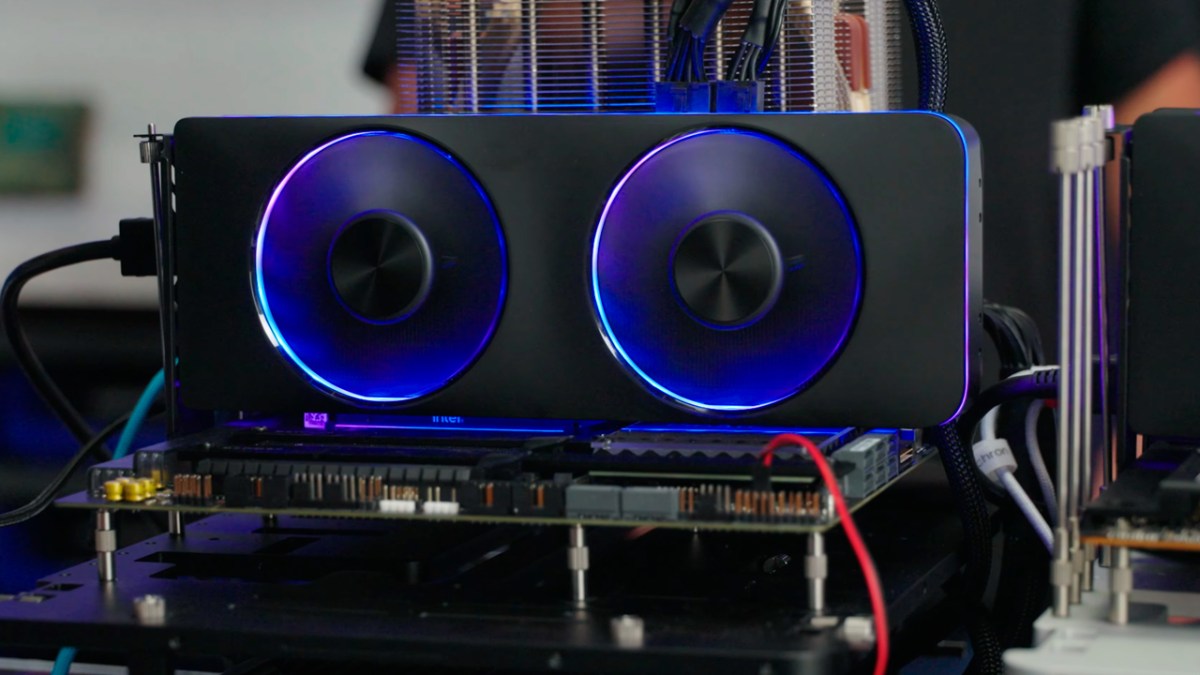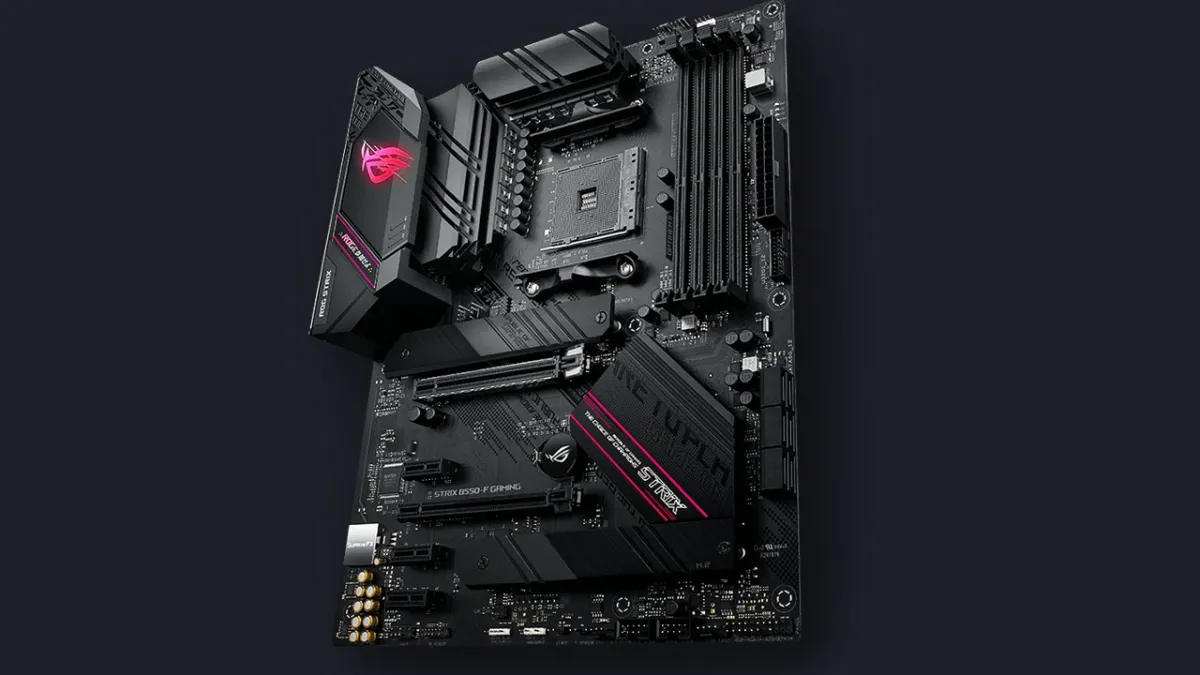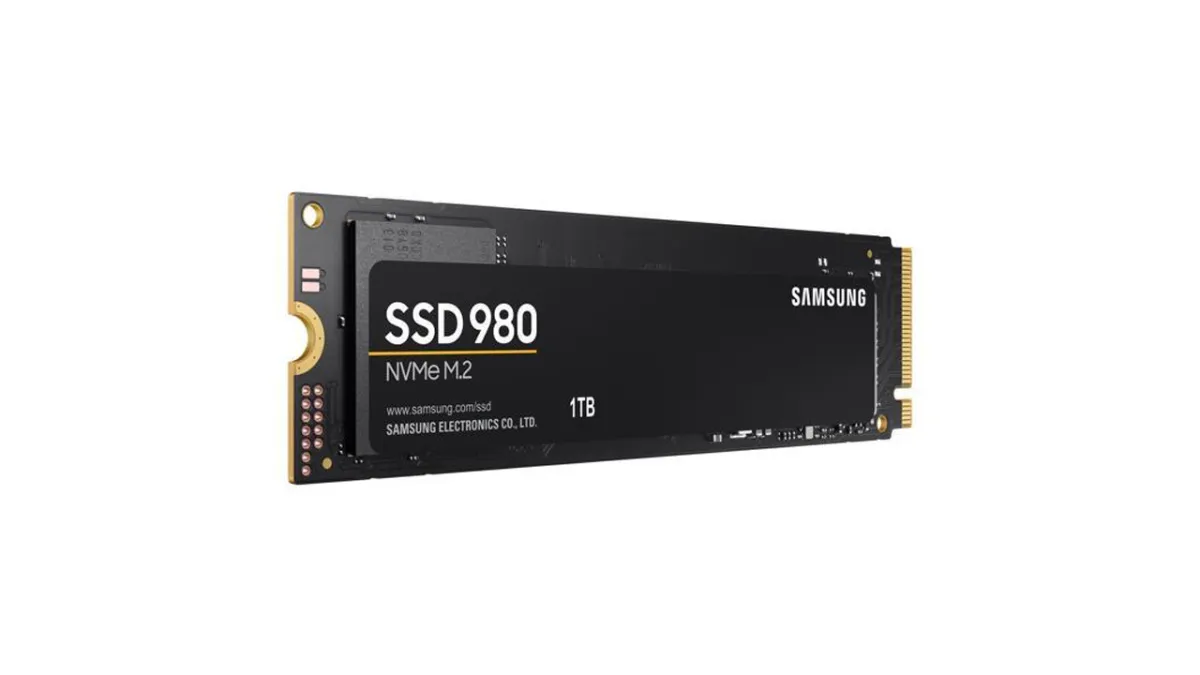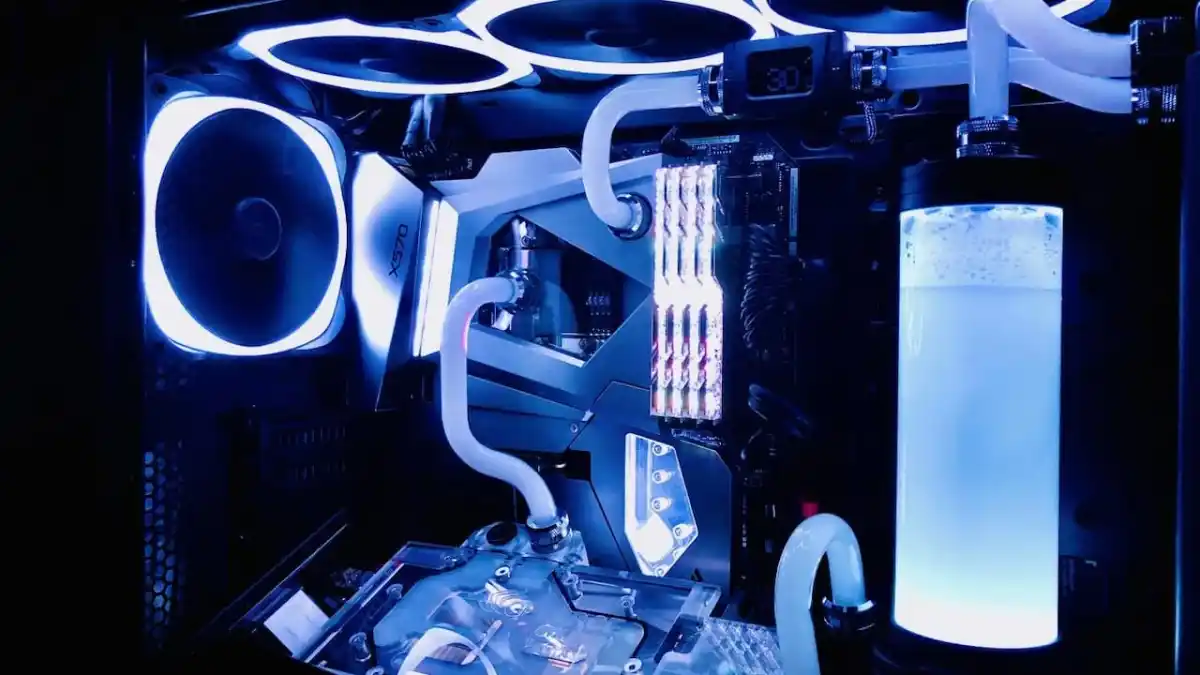It’s no secret that Intel’s plan to launch dedicated gaming graphics card has suffered serious issues. Just a look at official presentations and the repeated language that “Arc is launching soon” over the last several months will tell you that. However, product delays are not the same thing as axing an entire market division. Everything regarding the Alchemist desktop card lineup is on track to release. That’s what Intel graphics VP Raja Koduri had to say in response to recent rumors regarding Arc getting cancelled.
The rumors stem from YouTube channel Moore’s Law is Dead, known for leaking various specs from AMD, Nvidia, Intel, and more. Track records are important for these types of sources, and although the channel has demonstrated in the past that it has insider sources, there is plenty of controversy over the validity of Intel Arc getting cancelled.
Moore’s Law is Dead claimed several weeks ago that Intel executives were considering cancelling Arc. Last weekend, the channel published a video claiming the decision was made to cancel it. He elaborated that future discrete gaming desktop cards would be cancelled, but that Intel would continue work on GPUs for enterprise, possibly laptop, and likely for significantly better integrated graphics performance on future products like Meteor Lake CPUs.
Statements from Intel
What Moore’s Law is Dead claims would make sense as an alternative plan, but Koduri said there’s nothing to the rumors. Koduri admits to the setbacks, but states Intel is nearly ready to launch its premiere Arc Alchemist desktop gaming graphics card lineup soon. The cards are now in the volume validation phase, Intel revealed the official specs last week, revealed features like XeSS, and Intel announced game and software bundles to encourage early adopters to buy.
What's this I've been hearing about Intel potentially bringing the axe down on Intel Arc after just 2 generations?
— George ? (@GTechGeorge) September 12, 2022
With that said, it makes no sense for Raja Koduri to come out and shoot down these rumors, as it would be misleading to investors (not to mention in poor taste). Although it’s clear Intel had, and perhaps still has, major issues with the development of Arc gaming GPUs, we must follow what official channels say on the subject. As it stands today, Arc is still alive and the official plan to launch Alchemist, Battlemage, Celestial, and Druid generations for desktop and laptop has not changed.
Moore’s Law is Dead specified in the initial Arc Cancellation video that Intel would not deviate from official statements until a major cancellation announcement. However, it is interesting that Intel also recently made the controversial decision to kill its Optane memory business. CEO Pat Gelsinger warned at the time that the company might close more business ventures soon to consolidate and focus on its core model.
“You know, we have a few more that we’ll likely exit as we continue to prune and get more focused,” said Gelsinger.







Published: Sep 12, 2022 8:00 PM UTC